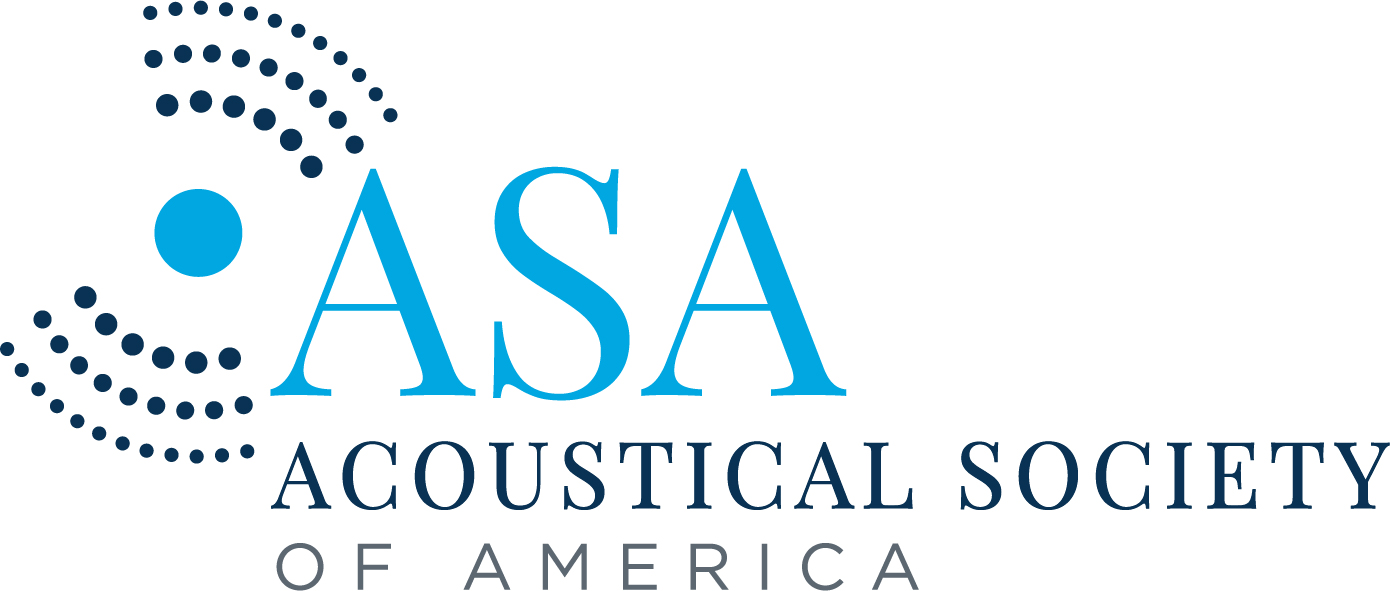Singing in the Rain: Why the Bundengan Sounds Better Wet #Acoustics23
Traditional Indonesian instrument made with bamboo and used by duck herders performs best in the rain.
SYDNEY, Dec. 6, 2023 – A bundengan wears many hats – and is one too. This portable shelter woven from bamboo has protected Indonesian duck herders from the sun and rain for centuries. Able to comfortably balance on the wearer’s head, a bundengan is equipped with a visor that curves around the side to meet at a long back. A more surprising, but no less practical, feature is the collection of strings and bamboo bars added in to produce music. Duck herders fill the hours spent tending to ducks sitting underneath their outfitted shelter, playing their shield as an instrument.
Over the years, bundengan musicians learned that their bamboo music-maker sounds better when played in the rain. Gea Oswah Fatah Parikesit and their team at Universitas Gadjah Mada investigated the physics behind this phenomenon and are presenting their work on the water-dependent acoustic properties of the bundengan Dec. 6 at 10:40 a.m. Australian Eastern Daylight Time, as part of Acoustics 2023, running Dec. 4-8 at the International Convention Centre Sydney.
The bundengan is constructed by weaving bamboo splits, which are covered by overlapping bamboo culm sheaths with ropes to secure everything in place.
“Our team discovered that the key to the sound quality is in the bamboo culm sheaths,” said Parikesit. “To understand the physics of the sheaths, we first had to understand its biological context. When the sheaths were still attached at the bamboo stem, they gradually change shape: First, they are curled because they need to protect the younger parts of the stem, but afterward, they have a more planar shape because they no longer need to protect the older part of the stem.”
When wet, the culm sheaths seek to return to their curled form, but tied down in their planar formation, they instead press into each other. The resulting tension allows the sheaths to vibrate together.
Parikesit will continue investigating the physics of the bamboo culm to develop new musical instruments that, like the bundengan, perform best when wet.
“As an Indonesian, I have extra motivation because the bundengan is a piece of our cultural heritage,” said Parikesit. “I am trying my best to support the conservation and documentation of the bundengan and other Indonesian endangered instruments.”
###
Contact:
AIP Media
301-209-3090
media@aip.org

Image of a bundengan, a portable shelter woven from bamboo, which is worn by Indonesian duck herders who often outfit it to double as a musical instrument. Credit: Gea Oswah Fatah Parikesit
———————– MORE MEETING INFORMATION ———————–
The Acoustical Society of America is joining the Australian Acoustical Society to co-host Acoustics 2023 Sydney. This collaborative event will incorporate the Western Pacific Acoustics Conference and the Pacific Rim Underwater Acoustics Conference.
Main meeting website: https://acoustics23sydney.org/
Technical program: https://eppro01.ativ.me/src/EventPilot/php/express/web/planner.php?id=ASAFALL23
ASA PRESS ROOM
In the coming weeks, ASA’s Press Room will be updated with newsworthy stories and the press conference schedule at https://acoustics.org/asa-press-room/.
LAY LANGUAGE PAPERS
ASA will also share dozens of lay language papers about topics covered at the conference. Lay language papers are summaries (300-500 words) of presentations written by scientists for a general audience. They will be accompanied by photos, audio, and video. Learn more at
https://acoustics.org/lay-language-papers/.
PRESS REGISTRATION
ASA will grant free registration to credentialed and professional freelance journalists. If you are a reporter and would like to attend the meeting or virtual press conferences, contact AIP Media Services at media@aip.org. For urgent requests, AIP staff can also help with setting up interviews and obtaining images, sound clips, or background information.
ABOUT THE ACOUSTICAL SOCIETY OF AMERICA
The Acoustical Society of America (ASA) is the premier international scientific society in acoustics devoted to the science and technology of sound. Its 7,000 members worldwide represent a broad spectrum of the study of acoustics. ASA publications include The Journal of the Acoustical Society of America (the world’s leading journal on acoustics), JASA Express Letters, Proceedings of Meetings on Acoustics, Acoustics Today magazine, books, and standards on acoustics. The society also holds two major scientific meetings each year. See https://acousticalsociety.org/.
ABOUT THE AUSTRALIAN ACOUSTICAL SOCIETY
The Australian Acoustical Society (AAS) is the peak technical society for individuals working in acoustics in Australia. The AAS aims to promote and advance the science and practice of acoustics in all its branches to the wider community and provide support to acousticians. Its diverse membership is made up from academia, consultancies, industry, equipment manufacturers and retailers, and all levels of Government. The Society supports research and provides regular forums for those who practice or study acoustics across a wide range of fields The principal activities of the Society are technical meetings held by each State Division, annual conferences which are held by the State Divisions and the ASNZ in rotation, and publication of the journal Acoustics Australia. https://www.acoustics.org.au/
